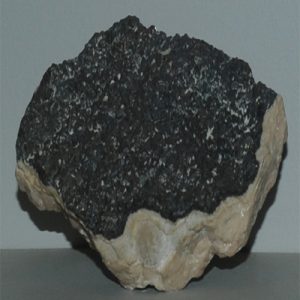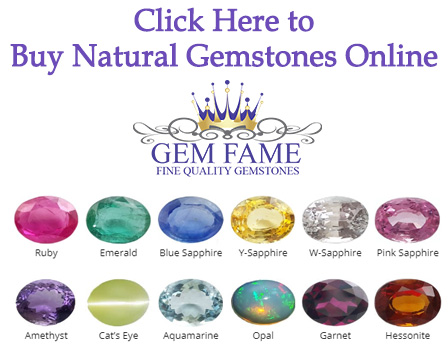Clausthalite
Clausthalite is just a known member of the Galena number of minerals which also includes Alabandite, Altaite and Galena. Clausthalite is certainly one of the most selenide that is typical. It really is very similar to Galena since they have essentially the structure that is same Clausthalite has a better density and lacks good crystals. It is opaque by having a bright color that is lead-gray metallic luster and a Mohs hardness of 2.5 – 3.0. Clausthalite is named following the discovery locality at Clausthal-Zellerfeld, Harz Mountains, Germany. The picture above shows a treasure with veins of bright, metallic Clausthalite in Calcite matrix.
Clausthalite circulation: in Germany, from the Charlotte mine, Clausthal, 13 km south-southwest of Goslar [TL], Tilkerode, Lerbach, and Zorge, into the Harz Mountains, and also at Schneeberg, Saxony. At Skrikerum, Sweden. From Hope’s Nose, Torquay, Devon, England. In the Czech Republic, at Bukov, near Tisnova; into the Petrovice uranium deposit, near Ždár; and the Predborice uranium deposit, near Krásna Hora. In america, in the Blue Range Wilderness Area, Greenlee County, Arizona; as well as the Essex mine, Darwin, Inyo County, California. In the Goldfields district, Saskatchewan; in the Kidd Creek mine, near Timmins, and the Hemlo gold deposit, Thunder Bay district, Ontario, Canada. In Argentina, from the Sierra de Umango; within the Santa Brigida mine; at Tuminico, Sierra de Cacho; and from Los Llantenes, Los Angeles Rioja Province, and from Cerro de Cacheuta, Mendoza Province. At the Pacajake mine, Hiaco, 24 km east-northeast of Colquechaca, Potosí, Bolivia. From El Sharana, Northern Territory, Australia. At Tsumeb, Namibia. Other occurrences that are minor known.
| Category: | Selenide mineral |
| Chemical Formula: | PbSe |
| Lead Selenide | |
| Molecular Weight: | 286.16 gm |
| Composition: | Lead | 72.41 % | Pb | ||
| Selenium | 27.59 % | Se | |||
| 100.00 % |
| Crystallography: | Monoclinic – Prismatic |
| Crystal Habit: | Commonly massive, also fine granular or foliated. |
| Twinning: | None |
| Cleavage: | Good on {001} |
| Fracture: | Irregular/uneven, granular |
| Tenacity: | Brittle |
| Moh’s Hardness: | 2.5 – 3.0; Vickers: VHN100=44-49 kg/mm2 |
| Density: | 7.8 – 8.22 (g/cm3) |
| Luminescence: | None |
| Radioactivity: | Not Radioactive |
| Color: | Lead-gray, bluish; galena-white with a grayish tinge in reflected light |
| Transparency: | Opaque |
| Luster: | Metallic |
| Refractive Index: | R: (400) 63.4, (420) 63.0, (440) 61.8, (460) 60.1, (480) 58.4, (500) 56.7, (520) 55.3, (540) 54.0, (560) 52.7, (580) 51.6, (600) 50.7, (620) 49.9, (640) 49.4, (660) 48.8, (680) 48.4, (700) 48.2 |
| Birefringence: | 0.000 (opaque) |
| Dispersion: | None |
| Pleochroism: | None |
| Anisotropism: | Galena-white with a grayish tinge in reflected light |


